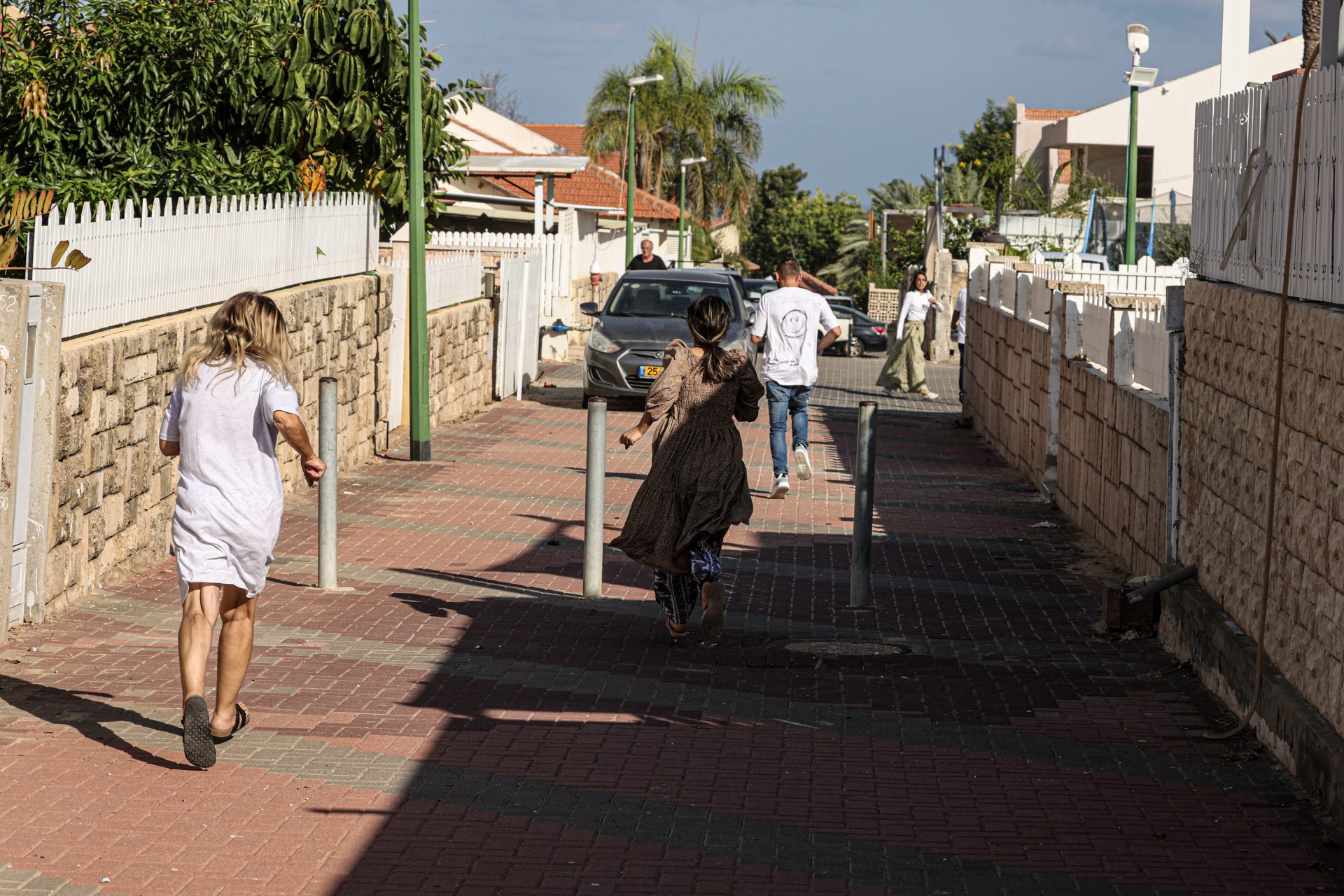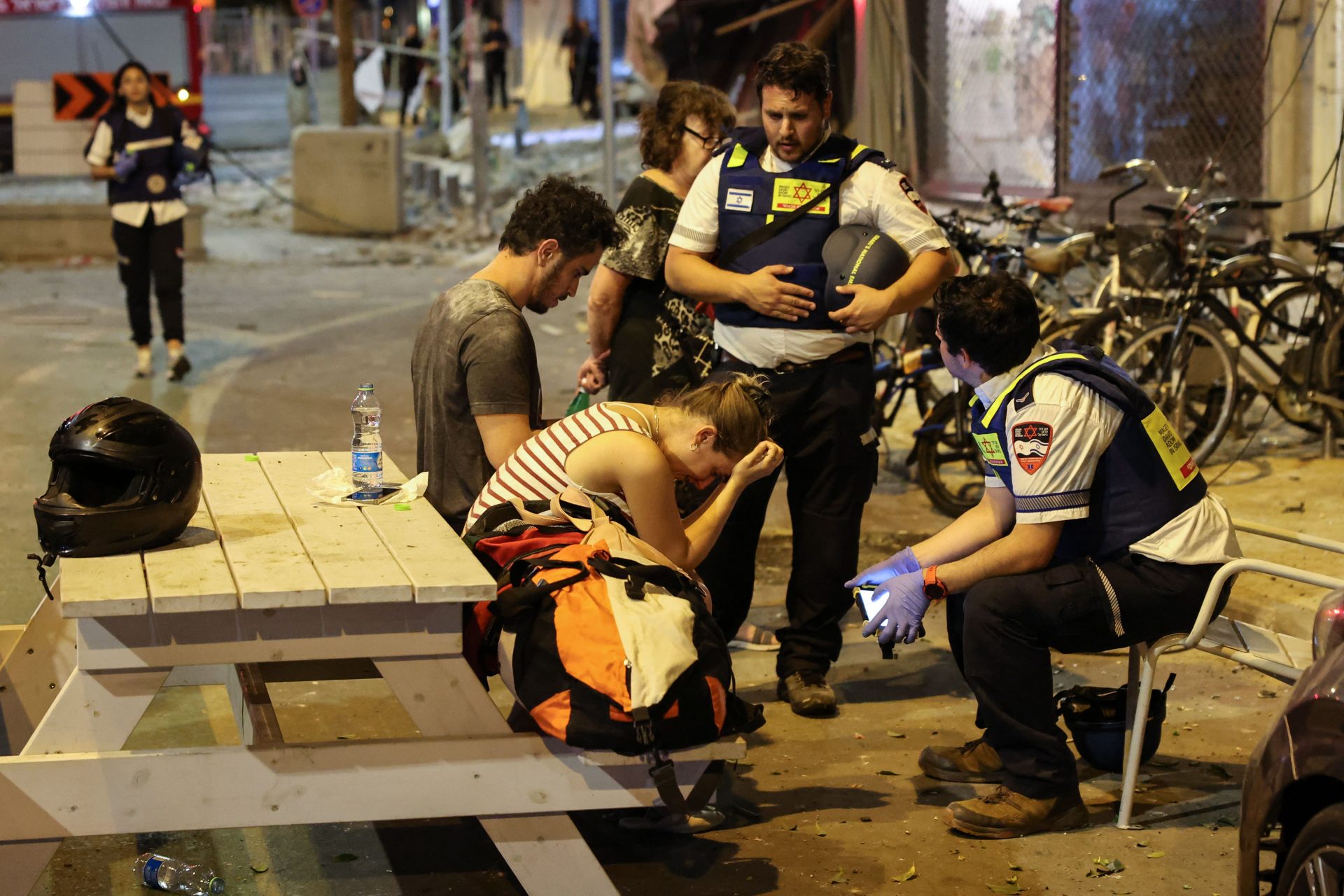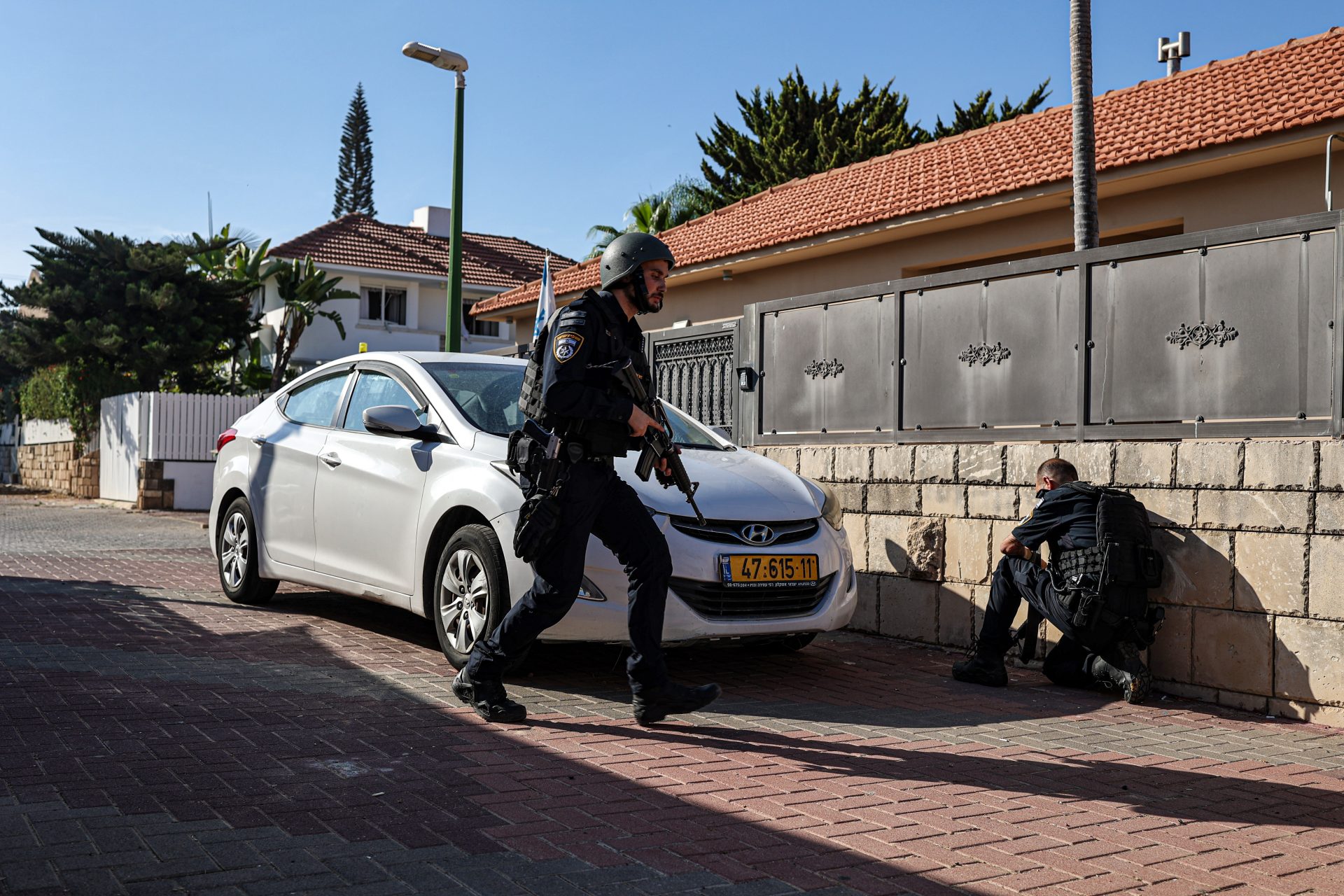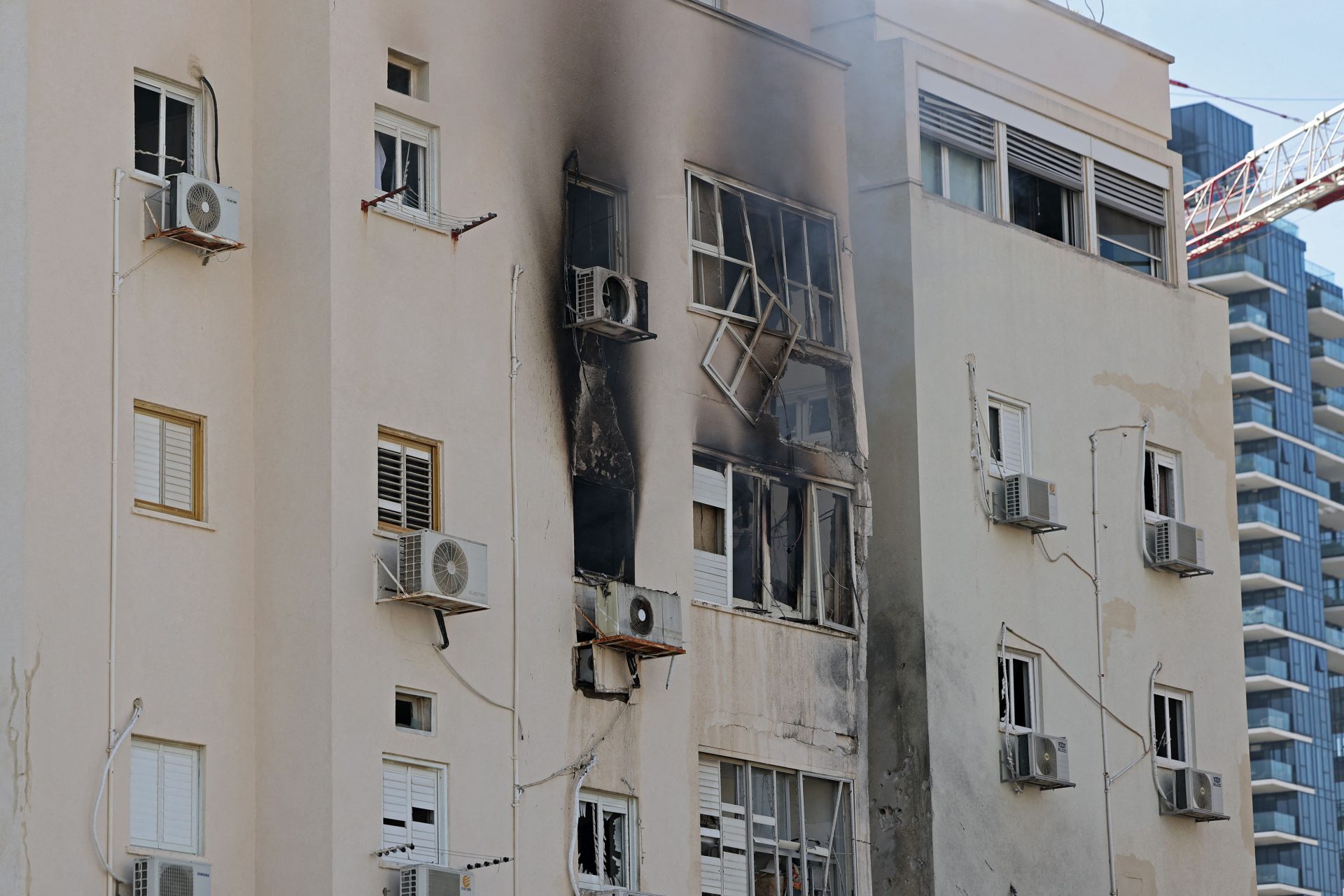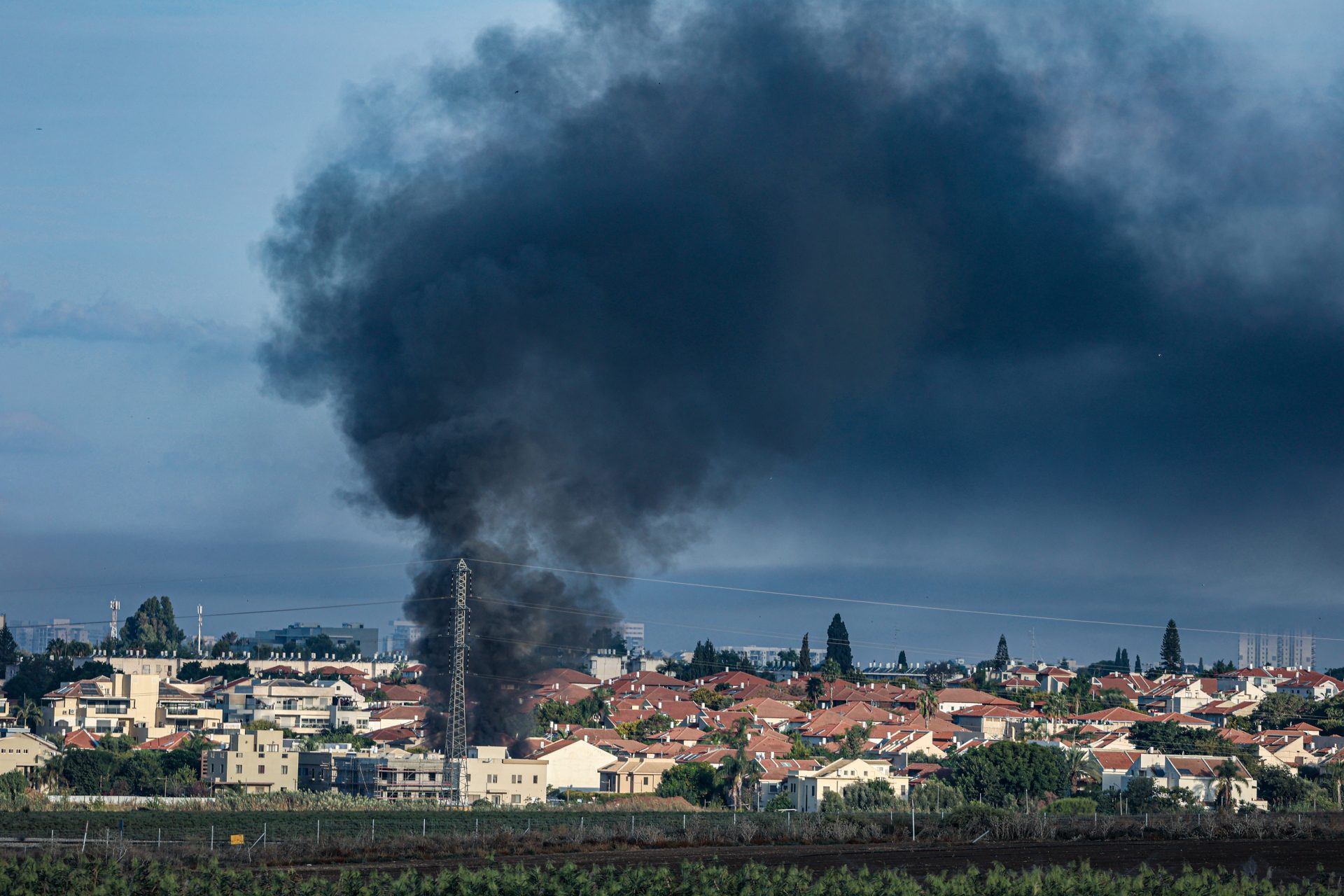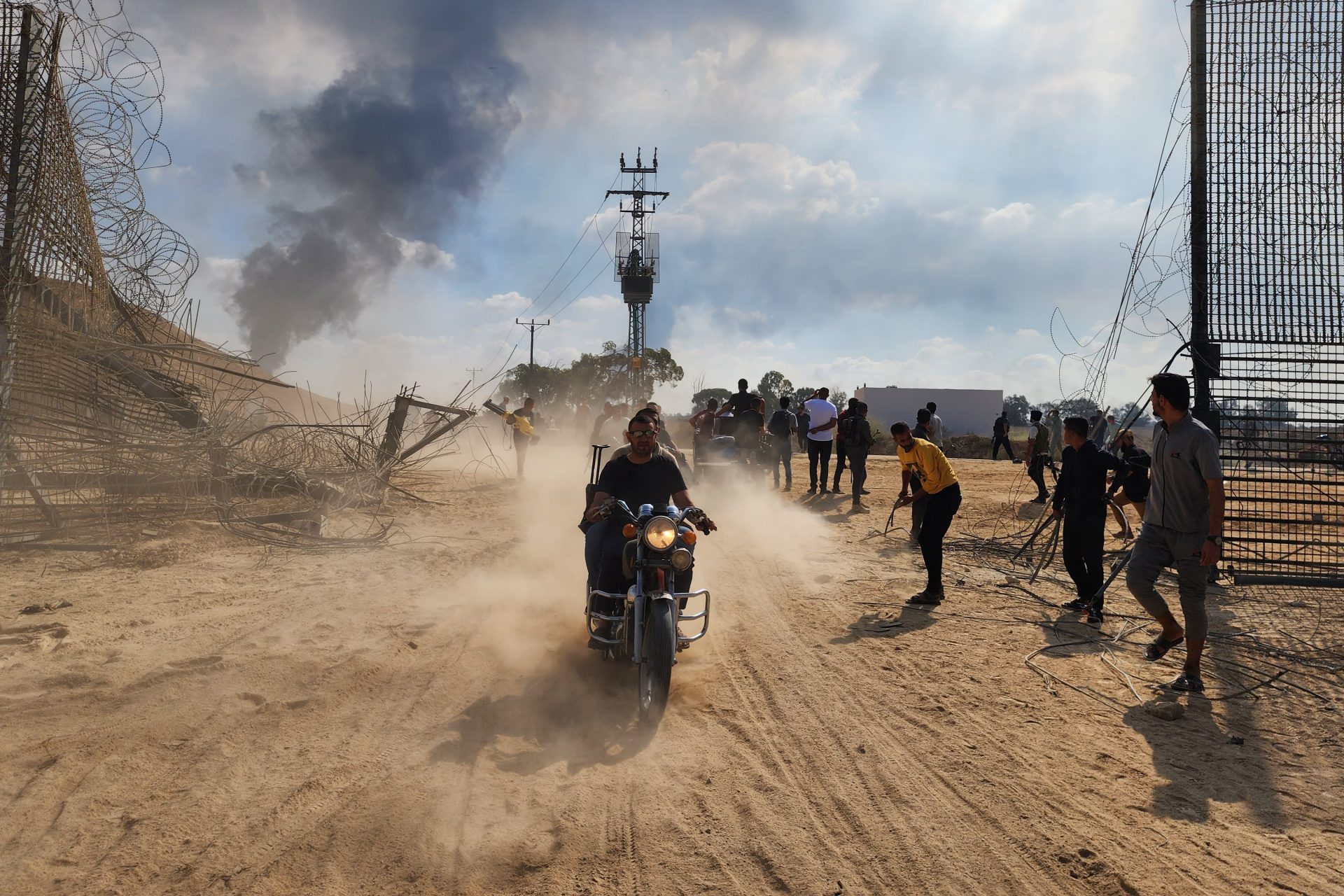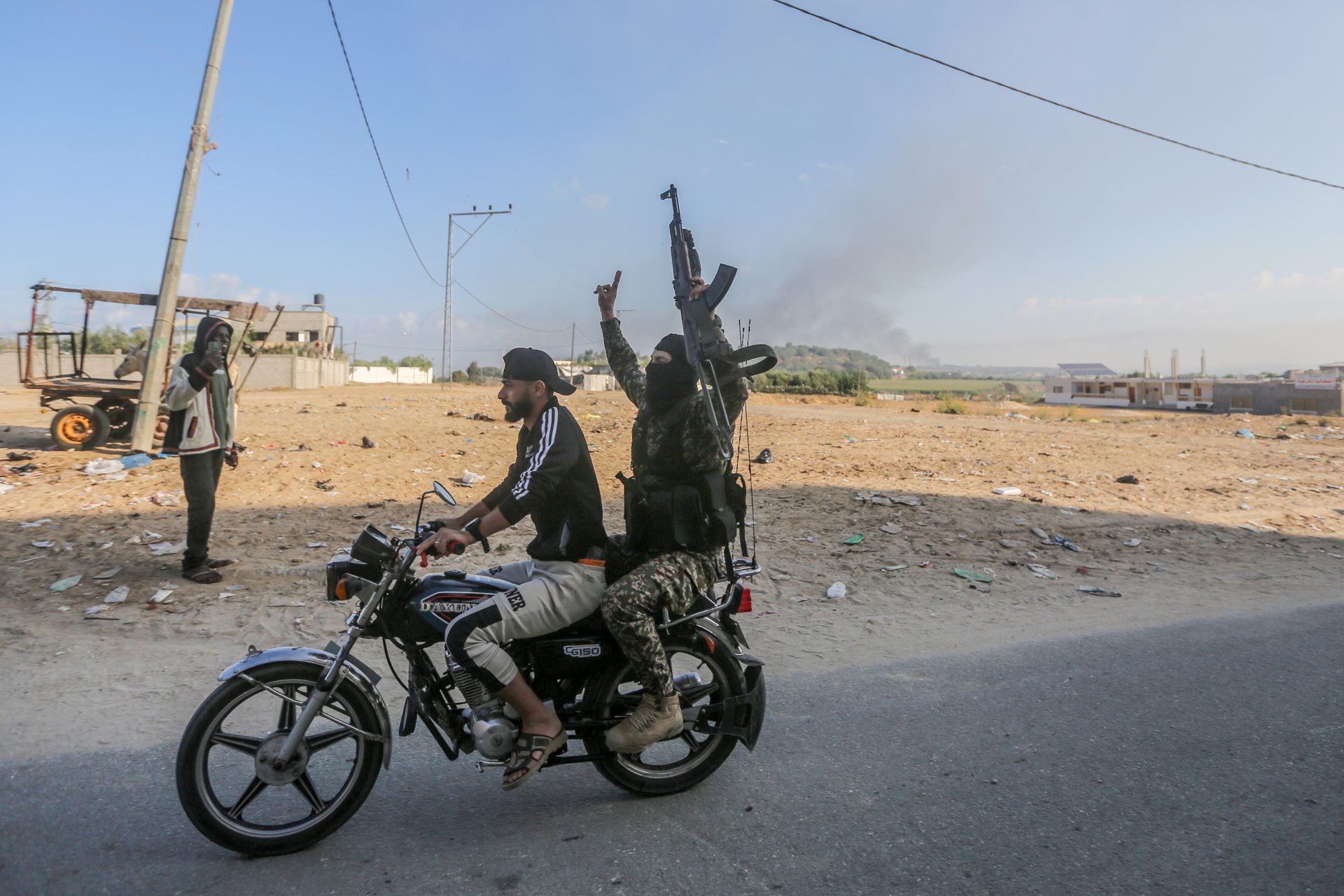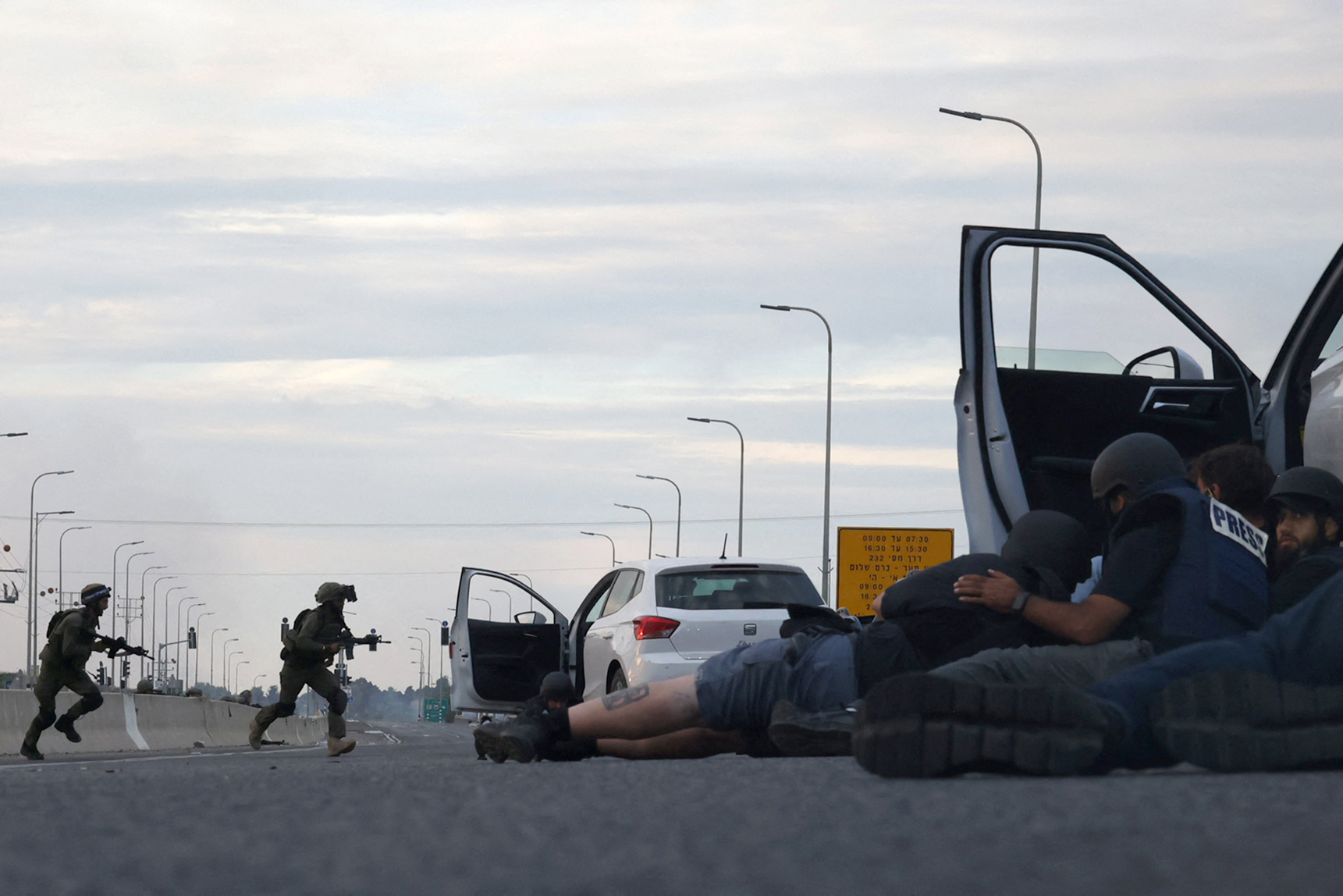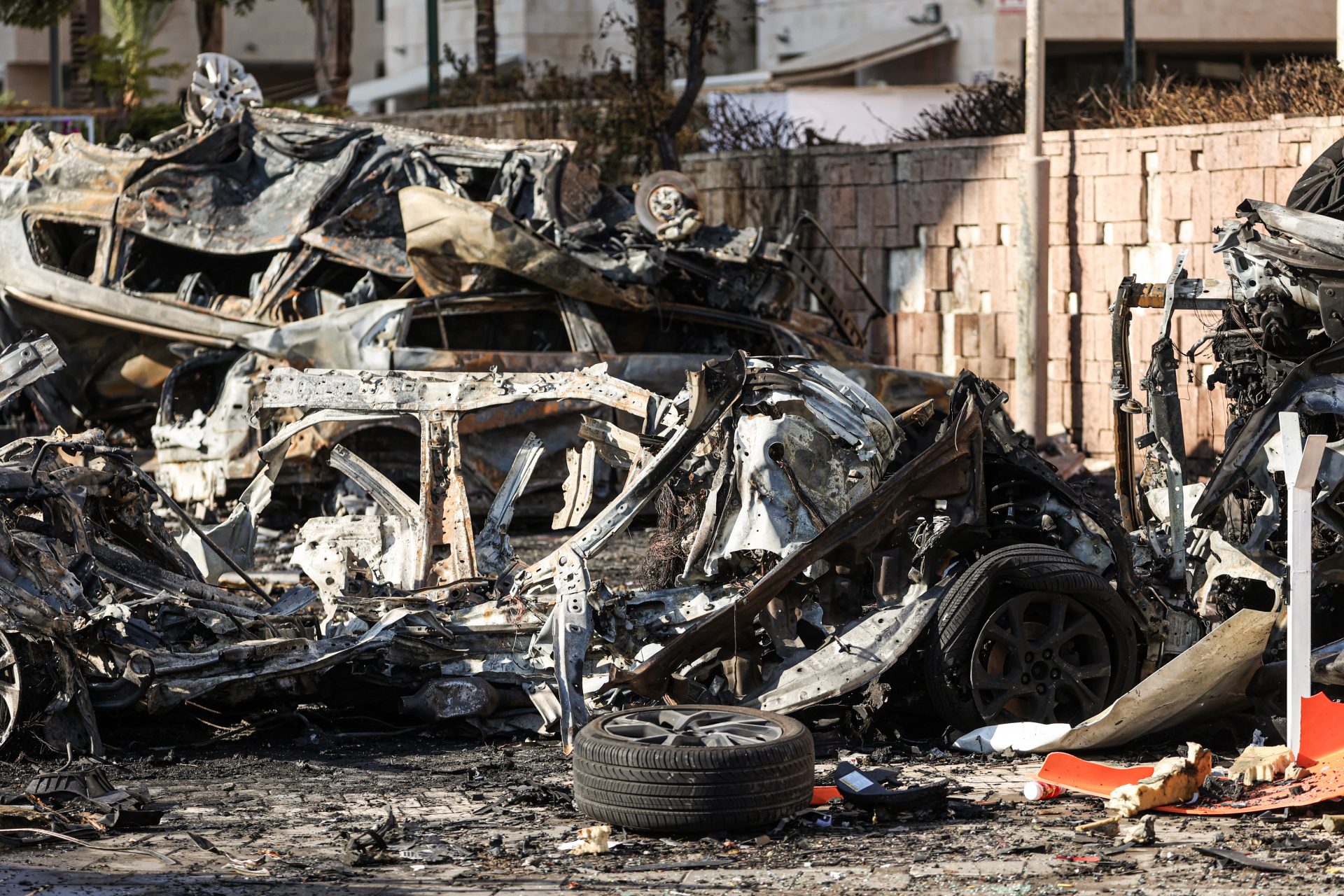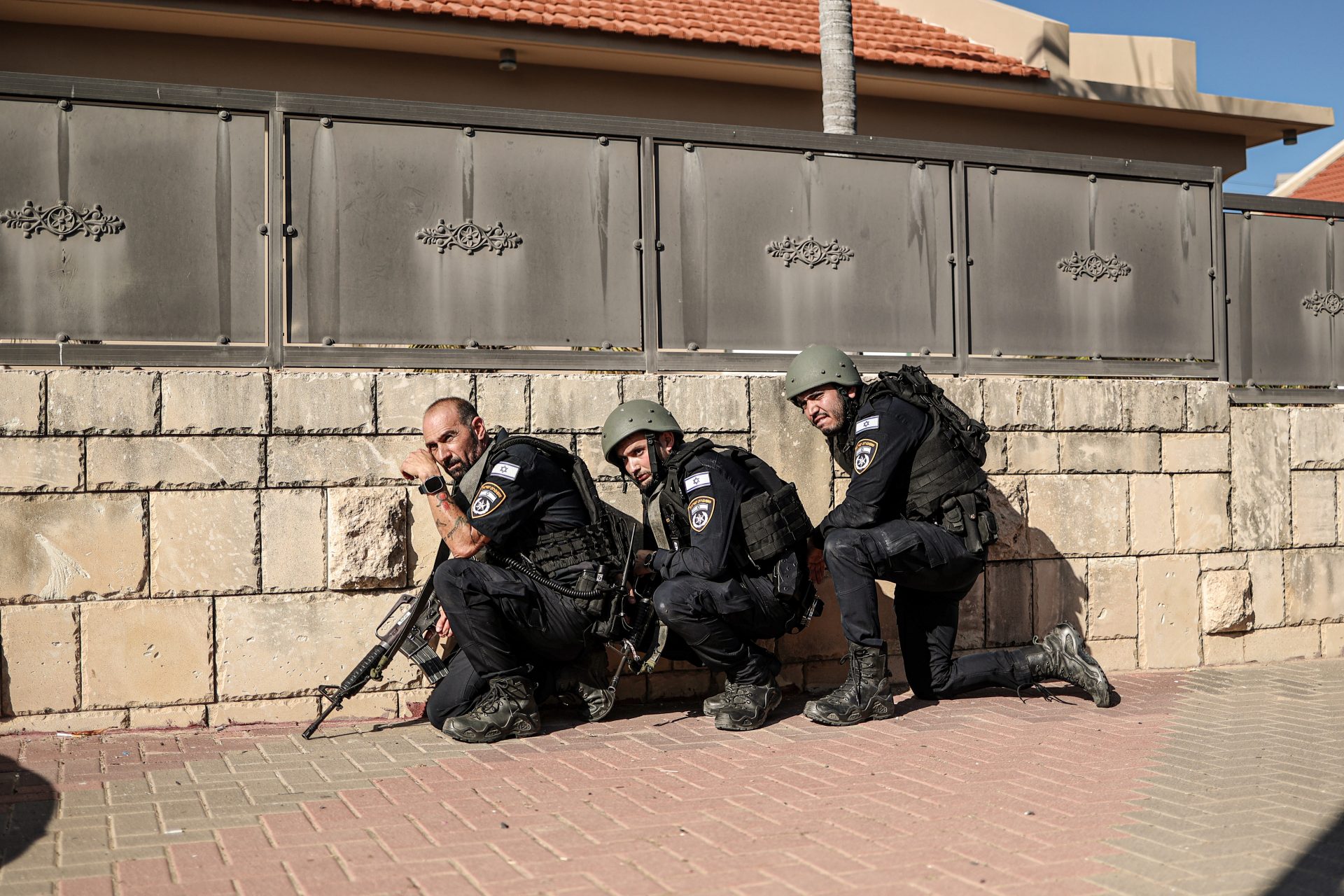How did Hamas manage to launch such a devastating surprise attack on Israel?
It was Saturday, October 7th, and Israelis were enjoying the end of Sukkot, a Jewish holiday. Hamas took advantage of this holiday, when many Israelis were relaxing and disconnected from the world, to launch the largest offensive in Israel since 1973, when the Arabs attacked on another holiday, Yom Kippur.
This Saturday, October 7th, Hamas militias suddenly fired rockets all the way to Tel Aviv. In other areas near the Gaza Strip, there were brutal attacks involving shootings and kidnappings by masked militiamen. It was a scene of terror, the likes of which had not been seen on Israeli soil in living memory.
We are talking about an operation planned to the millimeter, involving hundreds of people (to fire the rockets, to organize the Hamas commandos that entered Israel to circumvent the strict border controls between Gaza and Israel...). The Israeli security forces and secret services were outwitted. But how could something like this happen?
Israel was immediately in shock, not only because of the death toll (900 dead so far) but also because of the unfamiliar feeling of vulnerability: its intelligence services considered the best in the world, had failed miserably.
The BBC report by Frank Gardner quotes the candid words of Israeli officials the journalist interviewed: "We have no idea how this happened." The Shin Bet, Israel's internal spy agency (the external one would be the Mossad), has failed like never before.
As Ronen Bergman wrote in the New York Times, "...while Israeli intelligence collected some indications that Hamas was planning a major operation, they were far from forming a clear picture."
In the respected Israeli daily Haaretz, an article by Uri Bar-Joseph spoke of a "systemic failure" due to three factors: "failure of the intelligence services, inadequate response by the military and the absence of political leadership."
One of the most glaring defensive failures is the inefficiency of the Gaza border fence, a supposed "smart wall" with sensors, cameras, etc. Frank Gardner told the BBC: "...the militants of Hamas simply bulldozed their way through it, cut holes in the wire or entered Israel from the sea and by paraglider."
It is also incomprehensible that the state-of-the-art satellite surveillance system, which can monitor movements in an area day and night, failed to detect how Hamas militias prepared in the hours before the attack.
Any analysis immediately after the attack are rather helpless. There are no clear answers about how a security breach of this magnitude took place.
The truth is that the political and institutional crisis in Israel, in which Netanyahu is trying to impose reform that provokes violent protests and the resignation of many reservists, may have played a role in the erosion of a security system that was considered almost perfect.
Indeed, some are already pointing the finger at Netanyahu to blame him for such a catastrophe. In Israel, a nation under constant threat, leaders must protect the people. This is one of the major political commitments of Israeli leaders.
Chuck Freilich, a former Israeli national security adviser and Harvard professor, told Politico that sooner or later Netanyahu will pay for this tragedy: "In the short term, there is always a rally around the flag. But once the dust settles, there will be important political implications."
Freilich quotes the case of Golda Meier, Israel's iconic prime minister, in Politico: "After the Yom Kippur War, it took three and a half years until Golda Meier's government was overthrown. This time I don't think it will take that long."
The question half the planet is asking is: What could have gone wrong? The answers will emerge. For now, it is clear that Israel underestimated the boldness, daring and level of violence that the Hamas militias were prepared to inflict. "They won't dare" was a harmful thought for the Israelis.
Beyond the obvious tragedy of loss of life and cruel kidnappings for Israel and a major military power in its territory, this Hamas operation is a military humiliation and the trauma will linger for a long time.
More for you
Top Stories




